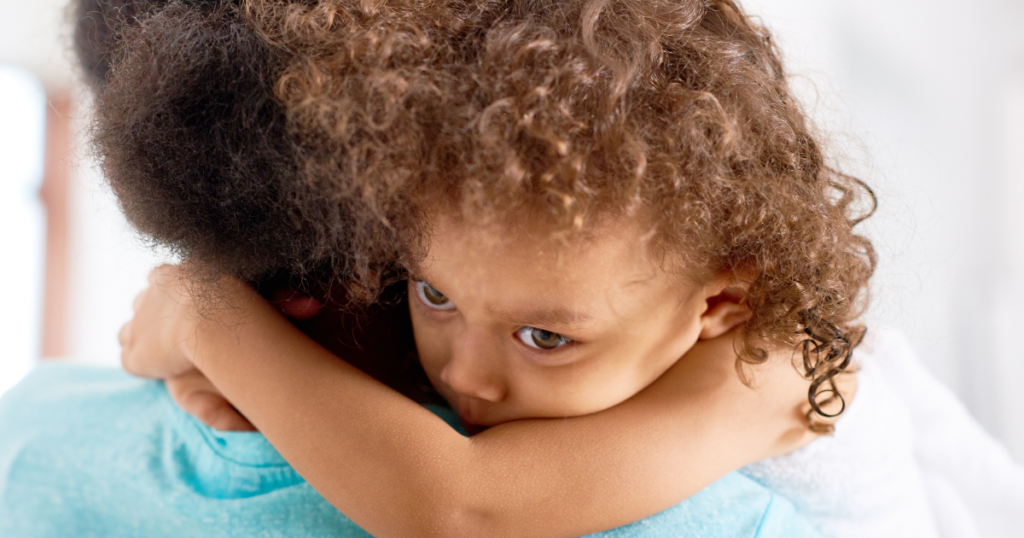We would all like to have polite and obedient children who apologize when they are wrong. However, this is not always the case. Sometimes kids feel entitled to their opinions and feel like their actions are justified. Therefore, they do not see the need to apologize. CornerStone Academy offers some guidelines you can use to train your children to apologize.
Apologize When You are Wrong
If you say one thing and act in the opposite way, then expect your children to follow your actions and not words. Parents and teachers are the most significant role models for children. If you want your children to know that they should take responsibility by apologizing when they don’t behave appropriately then you should do the same. For example, if you’ve had a rough day and you find yourself yelling at your kid because of that, then you can admit it. Apologize for yelling at them and tell them you made a mistake. This will be more effective than merely telling them that they are required to apologize when wrong.
Start Teaching Them When They are Young
It is easier to teach a young kid because they are not set in their ways. If a toddler hurts someone, you can show them that they need to hug the person. You can do this by hugging the child when you are sorry or hugging other members of the family, and they will imitate you. They may not have the right words to apologize, but they will learn the value of remorse. Teach them how to apologize and when they grow older, they’ll be able to express themselves better.
Give Them a Chance for a “Redo”
Let’s say you have told your child the importance of apologizing and you have shown them how to do it, what should you do next? Sit down with them and go through a situation where they misbehaved and give them a chance for a re-do. Ask the child what they would do differently if they were to go back to that situation but with the knowledge they currently have. For example, you may ask a child, “If you were given a second chance, what would you do differently if Mary had taken your toy?” Do not push for an answer at this point. Let them think about how they behaved and the correct way they should have handled the situation. After that, you can engage in role-playing with him and pretend you are the person they offended. This will help you see whether they have learned how to apologize and correct them where necessary. Your child will handle the next situation better. If your child needs to apologize to someone, you may allow them to have some time. Apologizing immediately when they are still learning to do it may bring out insincere apologies. When they take time to reflect on their actions, they will be sincerely sorry for what they did.
These training will not guarantee that they will not fall back to their old ways once in a while. Even though children know they need to apologize, they may not do it at times. With time, your consistency with the training will help to instill the custom of apologizing.



